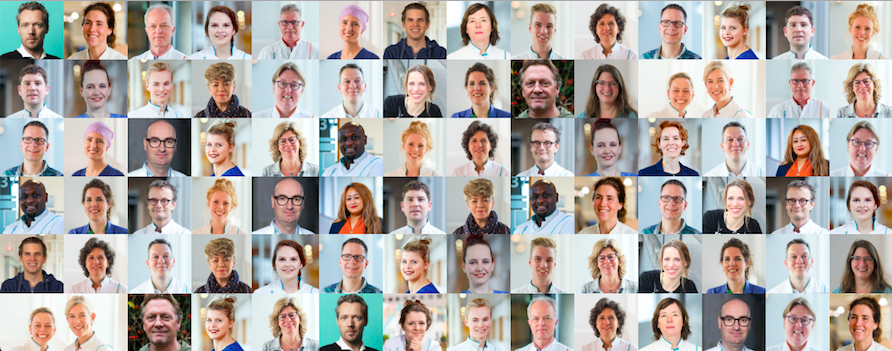PhD candidate 'Therapeutic targets for inherited blindness'
PhD candidate 'Therapeutic targets for inherited blindness'
You cannot apply for this job anymore (deadline was 1 Jan 2018).
Browse the current job offers or choose an item in the top navigation above.
Job description
Inherited retinal diseases (IRDs) are a group of genetically heterogeneous eye disorders characterized by severe visual impairment, often leading to complete blindness, due to progressive cell death of the light-sensing photoreceptor cells in the retina. Recent studies in our lab have unveiled intriguing mechanistic insights into the molecular processes that underlie this cell death, such as proteostasis and gluconeogenesis. In this project, we aim to further increase our understanding of the relationship between these processes and retinal cell death, as well as to find therapeutic compounds that could delay this blinding process and preserve vision. For this, we will use state-of-the-art molecular techniques, including CRISPR/Cas9-based genome editing, superresolution microscopy, and a variety of cellular and animal models including fibroblast cells, induced pluripotent stem cells, and transgenic mice.
Tasks and responsibilities
- Plan and perform scientific in vitro and in vivo experiments in an independent manner;
- Critically analyze data;
- Take a leading role in writing manuscripts;
- Present data at local, national and international scientific meetings;
- Supervise MSc and/or BSc students.
Specifications
- max. 36 hours per week
- Nijmegen View on Google Maps
Requirements
Candidates must have completed a MSc degree in Molecular Life Sciences or a related field. They need to have a solid theoretical background in cell biology and biochemistry, as well as hands-on experience with standard molecular techniques such as PCR, cloning, RT-PCR, western blotting, immunocytochemistry, and cell culture. Permission to work with animals (Article 9, or a foreign equivalent) is considered a strong plus, as is experience with (induced pluripotent) stem cell technology and/or molecular therapy.
Candidates should have a strong ambition to succeed in science, be result-oriented, and have strong communication skills (both orally and in writing). They should possess a critical scientific attitude and should be able to work both independently as well as in a team. You recognise yourself in the Radboud way of working.
Conditions of employment
Fixed-term contract: 4 years.
Scale 10A.0: max € 32520 gross per year at full employment (incl. vacation bonus and end of year payments)
Employer
Radboudumc (university medical center)
Radboudumc strives to be a leading developer of sustainable, innovative and affordable healthcare to improve the health and wellbeing of people and society in the Netherlands and beyond. This is the core of our mission: To have a significant impact on healthcare. To get a better picture of what this entails, check out our strategy film.
Our key strength is medical life-sciences and clinical practice, with an impressive infrastructure comprising state-of-the-art technology platforms and (translational) research facilities. The Radboudumc is therefore uniquely positioned in the emerging Euregio and Dutch healthcare infrastructure to play a leading role in the new healthcare paradigm of prediction, prevention and personalised medicine.
The Radboudumc focuses on scientific health challenges of today, with an eye on emerging diseases of the future.
Read more about what it means to work at Radboudumc and how you can do your part.
Department
This project is a collaboration between two independent research groups within the Department of Human Genetics. The ‘Molecular Biology of Ciliopathies’ group, led by Prof. Ronald Roepman, focuses on deciphering the molecular mechanisms that underlie ciliary disorders, including retinal ciliopathies that cause blindness. The “Molecular Therapies for Inherited Eye Diseases” group, led by Dr. Rob Collin, aims to develop various therapeutic interventions for inherited retinal diseases, with a strong focus on bringing new promising therapies to the clinic.
The Department of Human Genetics of the Radboudumc in Nijmegen is internationally renowned for its research and diagnostics on a variety of genetic and genomic disorders. The Department offers an exciting working environment with enthusiastic people from many parts of the world, providing ample critical mass and a stimulating, collaborative atmosphere for high quality research.
Specifications
- PhD
- Natural sciences; Health
- max. 36 hours per week
- University graduate
:fill(white)/logos/umcr-en-wide.png)
